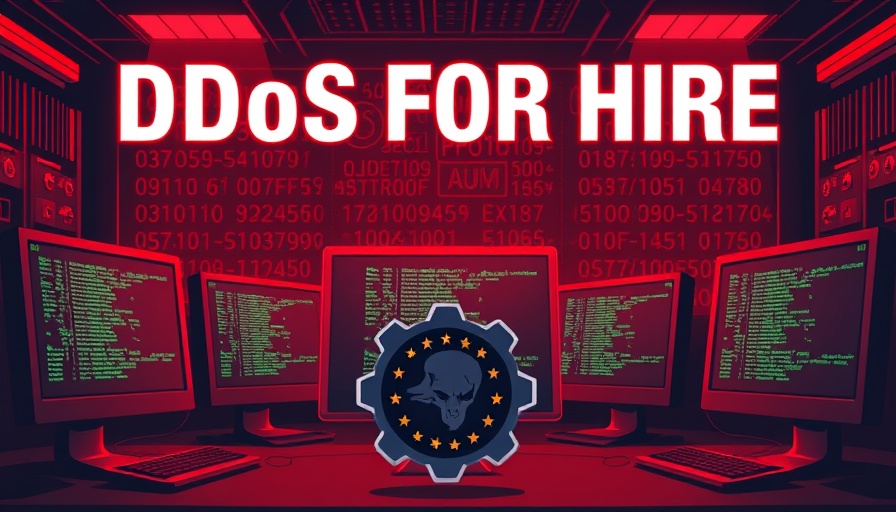
Europol Leads Takedown of Global DDoS-for-Hire Networks
In a significant landmark action, Europol, in conjunction with international law enforcement, has successfully dismantled six prominent DDoS-for-hire services that have been responsible for numerous cyber-attacks worldwide. This operation has led to the arrest of four suspects in Poland and significant seizures in the United States, showcasing a unified global effort against cybercrime.
How DDoS Attacks Function: The Mechanics Behind the Threat
DDoS, or Distributed Denial of Service attacks, are launched by overwhelming a target’s network with excessive traffic. The services taken down—cfxapi, cfxsecurity, neostress, jetstress, quickdown, and zapcut—made it alarmingly easy for individuals with minimal technical skills to achieve this. With user-friendly interfaces, customers simply input the target’s IP address, select their desired attack type, and pay a small fee.
The Range of Impact: Who Was Affected?
These platforms have been implicated in targeting vital sectors, including educational institutions, government services, commercial businesses, and gaming sites. The operational effect of these attacks has been felt broadly, leading to disruptions that can significantly impact users' access and operations.
The Reality of DDoS-for-Hire: Legal Implications
Europol’s initiative, dubbed "Operation PowerOFF," illustrates the escalating global concern surrounding cybercrime. This crackdown is part of a larger trend where authorities aim to eliminate the infrastructure supporting illegal online activities. In recent years, numerous other stresser services have also faced similar fates, aligning with ongoing efforts to combat cyber threats.
Future Trends: What's Next in Cybersecurity?
As more nations enhance their cybersecurity frameworks, future operations may not only target existing services but also preemptively strike against emerging threats. The growing adaptation of advanced hybrid cyber-attack techniques, combining traditional botnets with new-age DDoS paradigms, signals a need for continuous vigilance and innovation in defensive measures.
In conclusion, while this operation marks a major victory against DDoS-for-hire services, it underscores the persistent nature of cyber threats and the essential collaboration required across borders to mitigate them.



Write A Comment